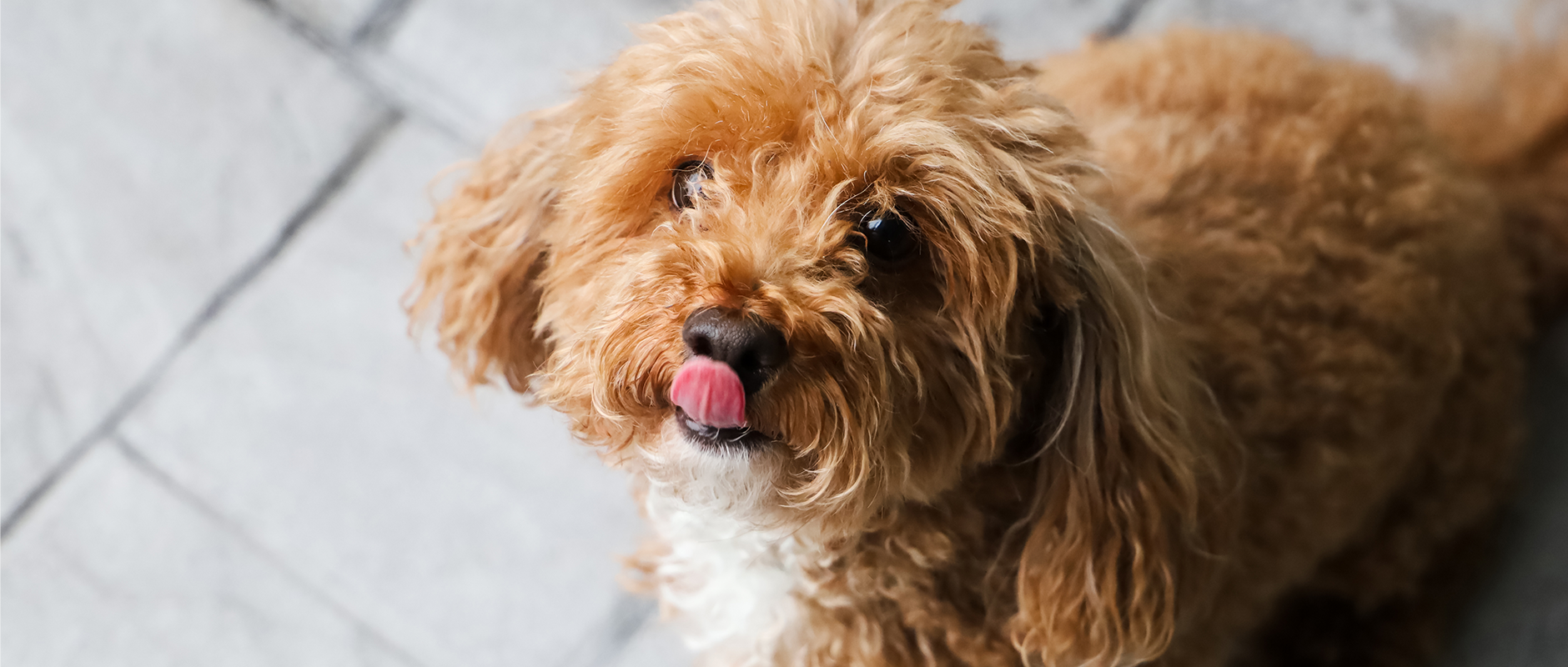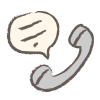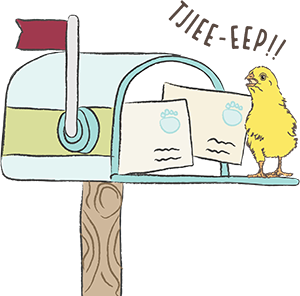C&D - Why Does My Dog Eat Poop

Why Does My Dog Eat Poop?
Many dog owners are shocked when they catch their furry friend snacking on something they absolutely shouldn’t-poop. It might seem gross and unnatural, but this behavior - called coprophagia - is more common than you might think. Luckily, there are clear reasons behind it and practical steps you can take.
Possible Causes of coprophagia :
1. Hunger or Nutritional Deficiency
A dog that isn’t getting enough food, or food lacking key nutrients, may turn to feces to “make up” for what’s missing. This can happen if your dog is on a strict diet or is taking medication like cortisone, which can increase appetite.
2. Learned Behavior
Sometimes, it’s a training issue. Puppies who are punished harshly for indoor accidents may “hide the evidence” by eating their waste. Likewise, some pups copy their mother’s behavior: mother dogs often eat their puppies’ stool to keep the nest clean.
3. Boredom
Dogs without enough mental or physical stimulation sometimes create their own entertainment. Eating their own stool can become a pastime—most often when they’re alone or under-stimulated, not during walks or playtime.
4. They Simply Like the Taste
The biggest and most common reason: many dogs think poop tastes good. Especially the droppings of grazing animals—cows, sheep, goats, geese, or ducks—are like a canine delicacy. These droppings can contain plant matter, organic minerals, and beneficial bacteria. Sometimes, this craving points to vitamin deficiencies (such as B12) or an imbalance in gut flora with too few healthy bacteria (probiotics).
What You Can Do if your dog eats stool?
Fortunately, there are several ways to help your dog unlearn this behavior:
Add Fermented Supplements
Products with effective microorganisms, such as bokashi, can support gut health. This natural, fermented supplement—once used to preserve food—provides a boost of beneficial bacteria.
Try Peat Extract
This dried material from ancient bogs is rich in minerals and nutrients. This extract contains remnants of flowers, herbs, grasses, and fruits that support digestion. Many owners see improvement within three weeks, with their dogs eating much less stool.
Introduce a Probiotic Course
A balanced gut is essential for a healthy dog. A good probiotic course can restore digestive health and reduce the urge to eat feces.
When to See the Vet?
Snacking on poop once in a while isn’t always a big deal. But if your dog suddenly starts eating poop frequently or compulsively, it may signal an underlying problem—like worms, pancreatic issues, or nutrient deficiencies. In that case, always consult your veterinarian.
Bottom line: Eating poop, feces, or stool may seem disgusting to us, but for dogs, it’s surprisingly normal. By tackling possible nutritional gaps, offering the right supplements, and keeping your dog engaged and active, you can help them kick the habit - and make life a little nicer for everyone.



